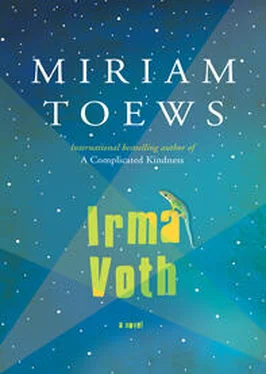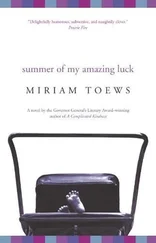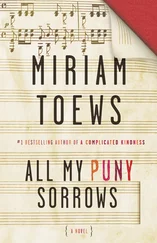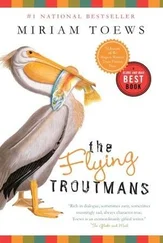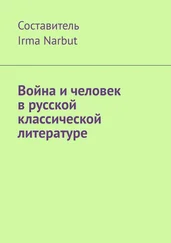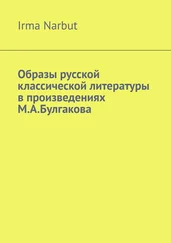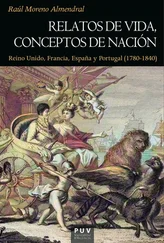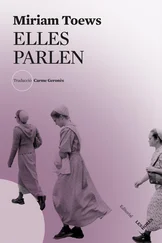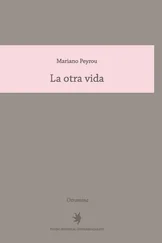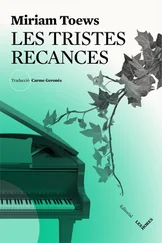Yes, I said. My sister and I are here to study.
Study what? said Hubertus.
Art, I said.
Art, said Hubertus. He nodded slowly and smiled. I heard my father whispering in my ear. Art is a lie, he said. I smiled nervously back at Hubertus and braced myself. I felt my mother moving her hand in a slow circle around my back the way the earth orbits the sun. Love is not selfish, she said. When life is a shit storm your best umbrella is art, said Hubertus. He laughed. I heard that in a movie or something, he said. I’m sorry.
That’s pretty funny, I said. I tried to laugh.
Have you seen any good movies lately? he said.
I’ve never seen a movie, I said. But I worked on one recently.
Well, he said. Whatever. So you’re interested in working here in La Condesa. Where do you live?
We don’t have a place yet, I said.
And your school?
After I’ve found a job and an apartment I’ll start to look for schools, I said.
Would you like a cup of coffee? said Hubertus. That’s a start. First things first. He laughed again and apologized. He asked the woman in high heels if she would mind bringing us two cups of coffee and when she came back she put her arms around his head and kissed the top of it and said not at all, cachondo , cream and sugar? And Hubertus closed his eyes and said sí, baby, eres muy simpática. The woman’s name was Natalie.
This is Irma, said Hubertus. She and her sister are here in Mexico City to study art.
Ah, said Natalie. Lovely! You’ve come to the right place. Will you be focusing on a particular medium?
Yes, I said. Things began to happen to me, then, involuntarily. My foot began to tap the ground and my throat made a crude noise.
Yes? said Natalie. Do you mind me asking what it is?
I was silent, waiting for the world to end. I smiled and looked at her and she smiled back at me, kindly, with pity or patience or amusement or disbelief that this cave woman had managed to teleport herself into the future straight into her and Hubertus’ courtyard.
Well, she said. It’s not an easy thing to articulate, is it? I understand.
Thanks, I said.
But I’m fascinated with artists, she said. I love reading about their lives. You know how they say that so many artists are melancholic?
I nodded, clueless, and sipped my coffee.
Apparently, said Natalie, the part of the brain that can obsess over dark things like death and pain and nothingness, which is depression more or less, is the same part of the brain that allows a person to obsess over the infinite challenges of art which produces something like stamina. I don’t know. Or focus. The focus required to complete one long query. Am I making sense?
Hubertus started laughing again and questioned her use of the word query , suggesting that project might be a better one, and I said yes. Natalie started laughing then too, and told me not to take things so seriously. If I’m not making sense, she said, then I’m not making sense. So what?
We drank our coffee and talked a little bit more about practical things. Natalie came over and asked me if I knew what the trees were called. I said no. She told me they were jacarandas. She said that one March two years ago she was feeling suicidal. She had planned to step in front of a bus. Then she looked at the jacaranda tree and changed her mind.
You decided to hang yourself from it instead? I said.
No! said Natalie. It was the exquisite patience of the tree. She described the way the jacaranda tree waited and waited and waited, barren, ignored, unexceptional, until a certain day in spring when it would erupt joyfully and comically into life. Purple flowers everywhere! she said. Small children are lost every spring, hidden in the purple flowers, cars crash into cars because they can’t see anything but purple flowers, people plunge fully dressed into ponds because the water is carpeted with purple flowers and invisible! If the tree could wait all year for a relatively brief moment of beauty, said Natalie, and continue to stay alive for centuries, then so could I.
You’ll stay alive for centuries? I said.
I’ll stay alive, said Natalie. I’m a pupil of the jacaranda tree. It has taught me that it’s okay to lay low most of the time, to nest in the shadows … and then … explode!
Hubertus laughed and laughed. Shit goes DOWN! he said. Natalie smacked him on the head and then she picked up the green garden hose and wrapped it around his neck while she kissed him and he pretended to die.
At the end of this encounter I had a job as a maid. I hadn’t managed to work the existence of Ximena into the equation. I didn’t want to ruin my chance at employment by insisting that while on the job I carry a misanthropic infant around on my back. Maybe she could appear on the scene like a jacaranda tree, out of nowhere, and she would inspire Natalie to live.
I walked out onto the street and heard the whistles of the knife sharpeners and the cries of gas and water men. I wondered if in Mexico City it worked the other way around too so that I could walk up and down the streets shouting out the names of things I needed as opposed to the names of things I had for sale.
Aggie and Ximena weren’t on the bench. At first I thought maybe I had gone to the wrong bench but I saw taco filling all over it and little bugs eating it so I knew it was the right one. I wondered why it happened so often in life that just as you secured one corner of the tent another one would flap loose in the wind. I stared at the little bugs and tried to think. A one-man trumpet, tambourine and drum band walked past me. I know, I thought, we have to do everything ourselves if we want it to get done. I told myself to inhabit the mind and body of Aggie. I’m Aggie, I said. I’m sitting on the bench bored to death, restless as hell and poised to bolt. Where do I go? I saw a large statue, a sculpture of a woman, and I walked towards it. It was a buxom nude holding two jugs of spouting water. I stood next to her and looked around for Aggie and Ximena. In Chihuahua I couldn’t shake Aggie and in Mexico City I couldn’t keep her from taking off. I kept walking. A guy sat on the ground with books spread all around him. I stopped and stared at them.
Hay algún libro de Simone de Beauvoir? I said.
No, no tenemos, he said.
Me puede recomendar algún libro? I said.
Sí, he said. Te gusta …?
No sé, I said.
Que tipo de libros lees? he said.
No sé, I said.
Has leído Nuestra arma es nuestra palabra?
I had bought my first book. Our Word is Our Weapon . Selected writings of Subcomandante Insurgente Marcos. Actually I hadn’t paid for it because Aggie had the farmacia bag with Ximena’s stuff and all our money but the guy sitting on the ground told me I could have it for nothing if I came back and bought something another time.
Will you? he said.
Yes, I said.
I remembered a similar conversation I’d had with Wilson when he told me that he was going to Mexico City to deliver the film reels and keep them safe from my father. I wondered what he said when he got back to Chihuahua and Diego told him that I had left. Maybe: Drat. Or maybe he hadn’t said a word. Maybe he’d written a little story about me in his notebook that he would read someday at the festival in Guadalajara. I’d be there, somehow, in a wonderful outfit, standing in the darkness of the crowd, and I’d hear him speaking through the microphone. I wouldn’t be able to see him because of very tall people in front of me but I’d hear my name and I’d follow his impassioned voice towards him, towards the light.
I smiled at the bookseller. I held up my book and said thanks again and he saluted me and called me comrade. I found Aggie dancing by a pond. She was in a class of people learning how to tango. Ximena was tied to her chest and Aggie had never danced in her life so her movements were a little awkward but she was concentrating hard on keeping up with the instructor. The other students had partners but Aggie’s was imaginary. She flung her head back and thrust her chest with Ximena on it out towards the water and strutted across the grass. Her arm shot up and then she brought the back of her hand down and swept it across her eyes tragically as if to erase all the horror and misery she’d seen.
Читать дальше
